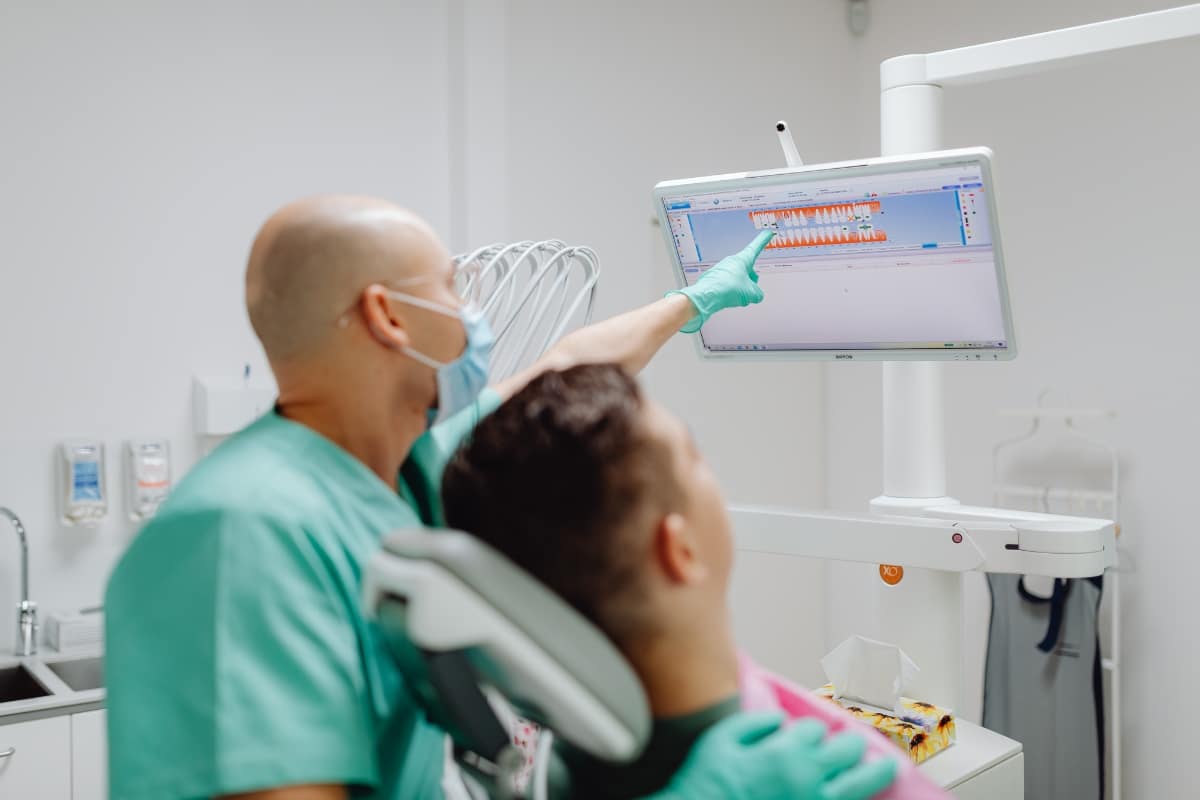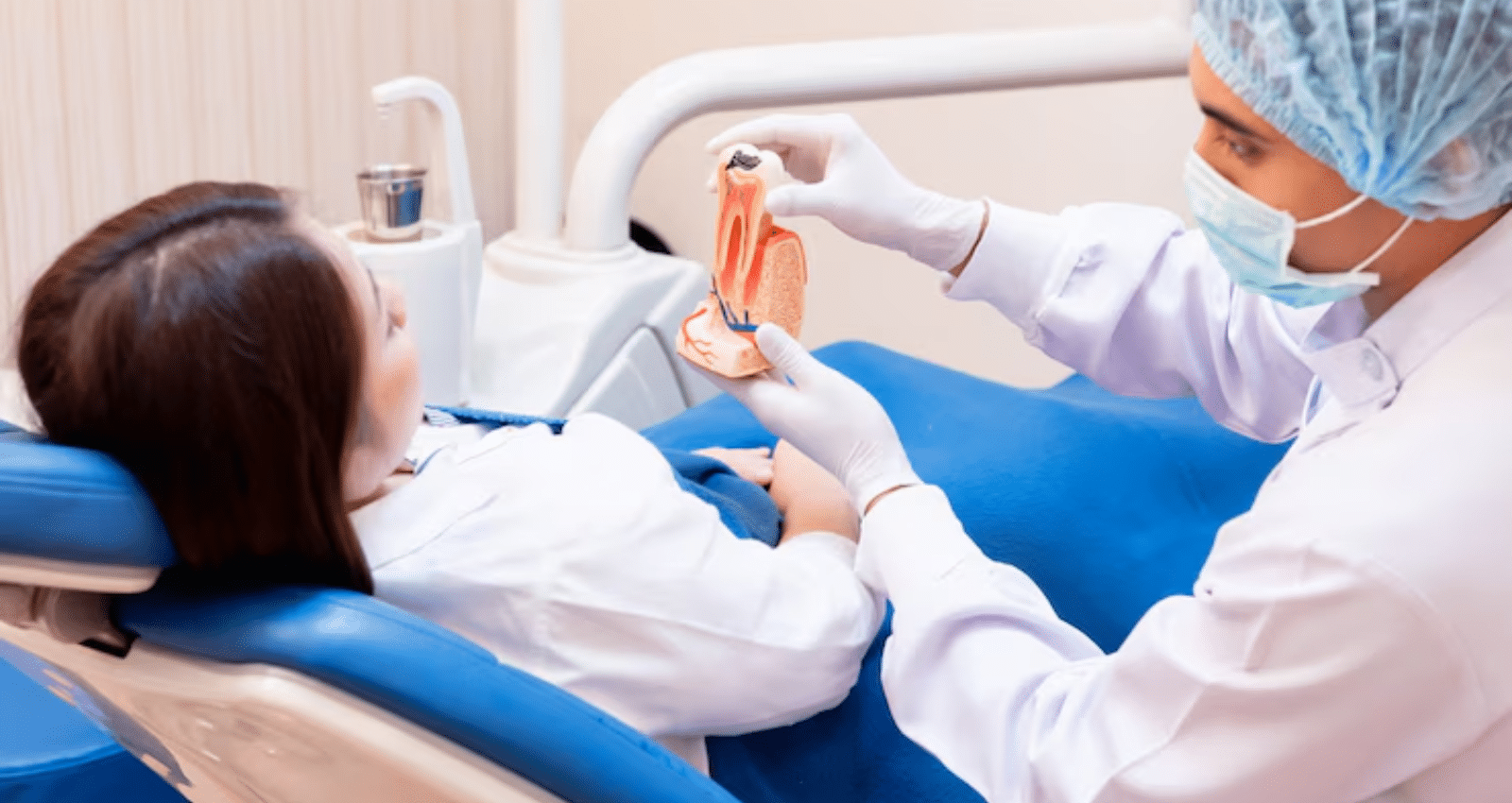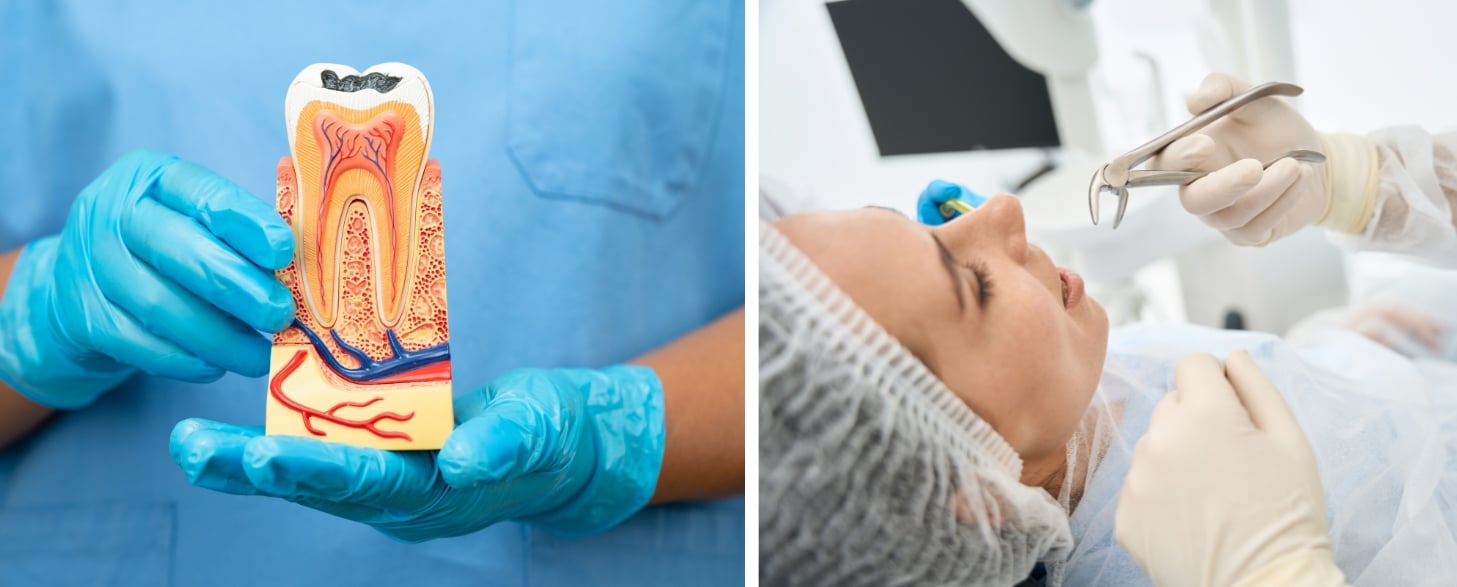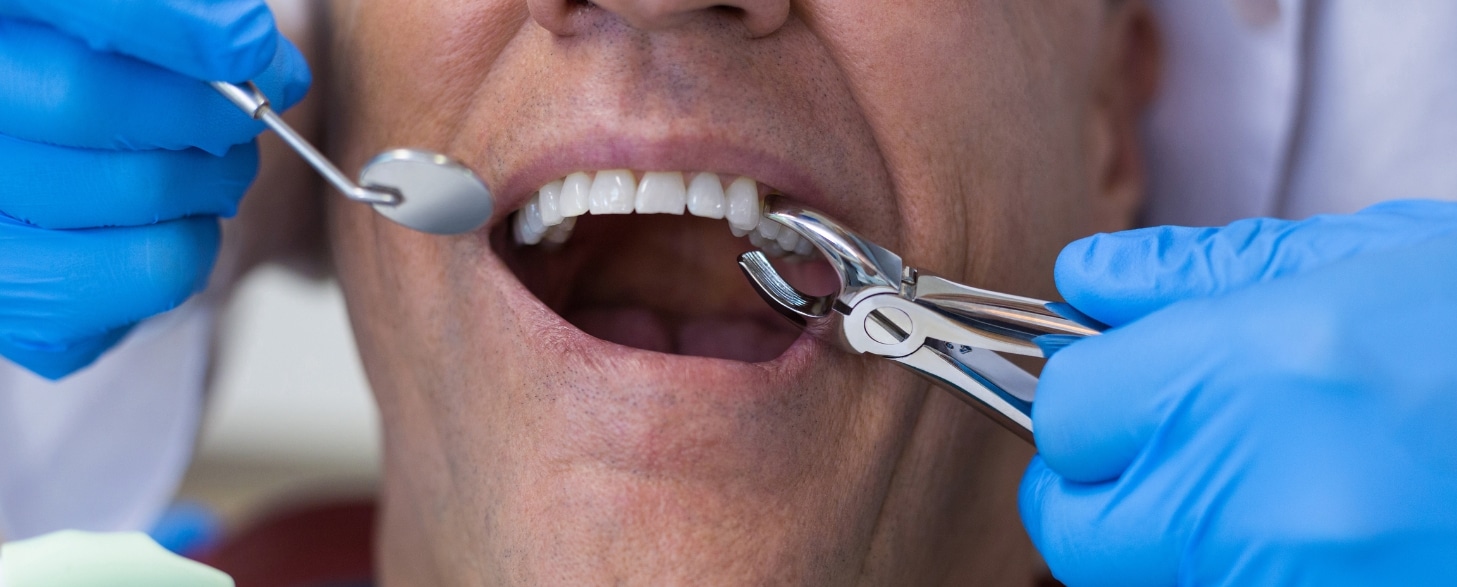Tips to Care for a Root‑Canal‑Treated Tooth Long-Term in San Antonio
San Antonio, TX

Congratulations if you’ve saved your tooth with a root canal! Root canals are effective treatments to save teeth that would otherwise have to be extracted. However, once the treatment is completed, the work is not over. Proper care will help keep your tooth healthy in the long term. Here’s what you need to know about maintaining your root canal-treated tooth in San Antonio.
Root canal treatment clears the infection, removes damaged tissue, and restores the tooth’s structure. As with any dental procedure, however, post-treatment care must be conscientiously done to prevent complications. Be it your first time or not, here are some helpful tips for taking care of your tooth after root canal treatment:
1. Follow Up with Regular Check-Ups
Even after your root canal, regular dental visits are important. These visits let your dentist check that the tooth is healing correctly and that you show no signs of infection. You can expect to visit the dentist every six months to monitor the status of your treated root canal tooth.
Your dentist will check the area around the treated tooth to ensure it’s functioning properly and that the restoration (usually a crown) remains intact. Remember that teeth treated with a root canal are at risk of fracture, especially if a crown has not been placed.
2. Practice Good Oral Hygiene
Proper brushing and flossing can go a long way in maintaining your root canal-treated tooth. Be sure to:
- Brush the treated area gently with fluoride toothpaste at least twice a day.
- Floss carefully, without hurting the tooth or the gum.
And a primary focus of preventing plaque buildup, as it may lead to reinfection or decay. Also, if a crown followed your root canal, keep the area clean to prevent plaque and tartar from accumulating around the edges of the crown.
3. Beware of What You Consume
While your tooth is healing, avoid hard foods that can place extra pressure on the treated tooth. Teeth that have undergone root canal treatment are more prone to fractures or breakage, especially those that have not been crowned. Until your dentist confirms it is okay, limit yourself to soft foods.
Also, try to cut out sticky or chewy foods; these can pull on your tooth and possibly damage it or the surrounding gum tissue.
4. Avoid Clenching or Grinding Your Teeth
Grinding or clenching your teeth is a common occurrence, especially at night. This habit can do severe damage to a root canal-treated tooth, especially if a crown is not in place. If you grind your teeth, ask your dentist about a mouthguard. This simple treatment will help protect your treated tooth from unnecessary stress and avoid wear on the tooth and crown.
5. Be Aware of Discomfort or Change
Immediately following the procedure, some discomfort may be felt as the tooth begins to heal. However, if unusual pain, swelling, or sensitivity that does not go away after a few days is experienced, there might be a problem, such as reinfection of the tooth. Such symptoms should not be ignored; call your dentist immediately.
Keep in mind that the faster a problem is identified and treated, the better the outcome is usually. If your root canal was performed in a renowned clinic in San Antonio, then your dentist should have no problem discussing any complications that may arise.
6. Know When to Get a Replacement Crown
A root canal is often followed by a crown to protect the tooth. Even crowns can wear out or crack over time. If you notice any damage to your crown, replace it as soon as possible to prevent further damage to the tooth underneath.
A crown can also help restore the tooth’s appearance and prevent further decay. Ask your dentist in San Antonio about when to replace your crown to maintain optimal function and health.
Care for the root canal-treated tooth is simple, but it does require dedication. With these care tips for root-canaled teeth, you can ensure long-term health and avoid complications that may require further treatment. Always make regular visits to your dentist, practice good oral hygiene, and monitor your treated tooth for changes.
If you are due for a check-up or need further information about the care of your root canal-treated tooth in San Antonio, do not hesitate to contact Life Smiles Dental Studio. Schedule your appointment with us today to ensure your healthy smile lasts for many more years!
FAQs
1. How long does a root canal-treated tooth last?
With proper care, a root canal-treated tooth can last for many years. In some cases, these teeth can last a lifetime. However, the restoration (such as a crown) might need to be replaced after several years.
2. Can a root canal be redone if the tooth becomes reinfected?
Yes, if a root canal-treated tooth becomes reinfected, a procedure called re-treatment can be done. Your dentist will clean out the tooth again, remove any new infection, and reseal it.
3. Will a root canal-treated tooth ever feel the same as my natural teeth?
While the tooth itself may be restored to full function, it may not feel precisely the same as a healthy, untreated tooth. However, most patients report no issues with everyday activities like eating or speaking.
4. Can I continue regular activities after a root canal?
Most patients can resume their regular activities shortly after a root canal procedure, though it’s best to avoid chewing on the treated tooth until it’s fully healed and restored.
5. How do I know if my root canal is failing?
Signs of a failing root canal include severe pain, swelling, or discomfort around the treated tooth. If you experience these symptoms, contact your dentist immediately to prevent further damage.






